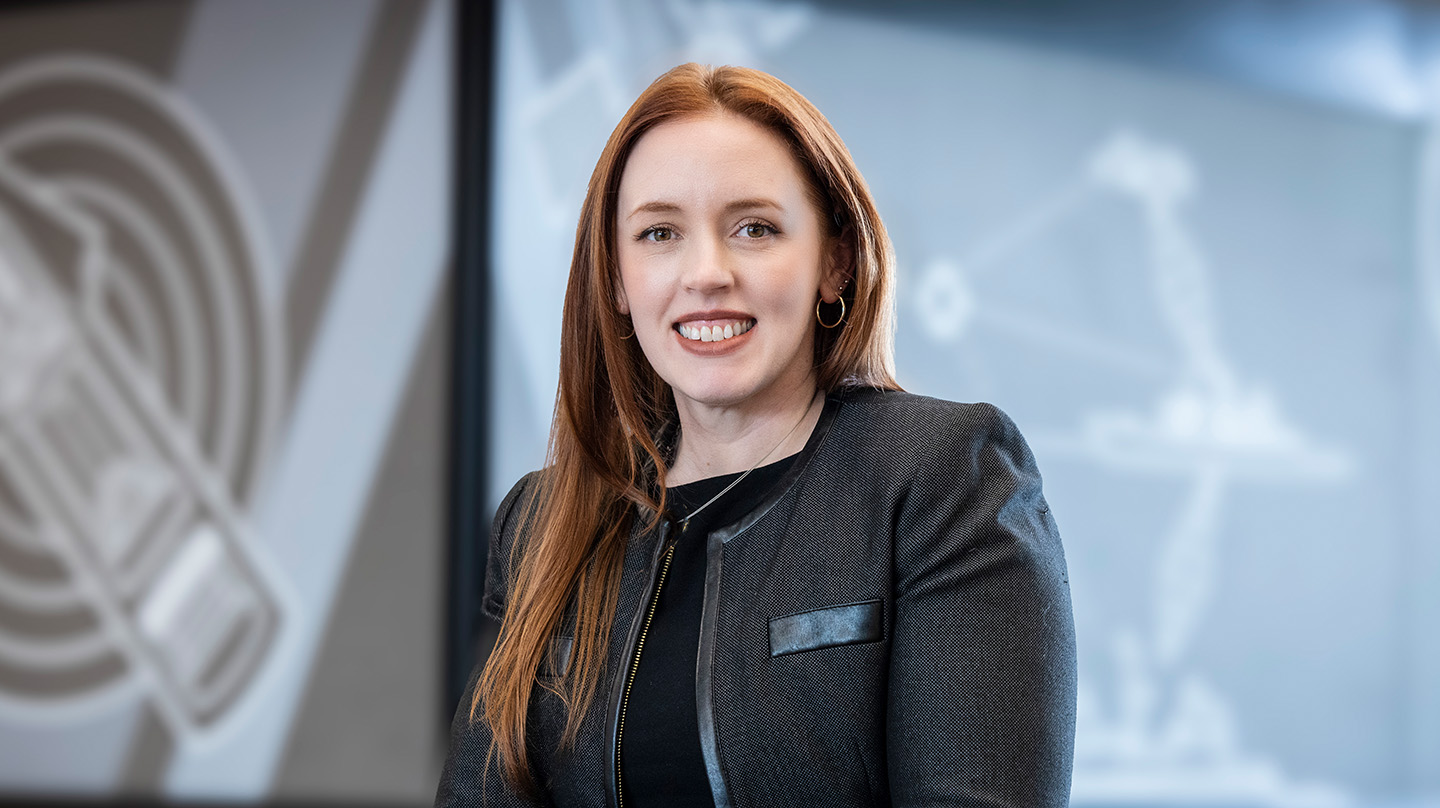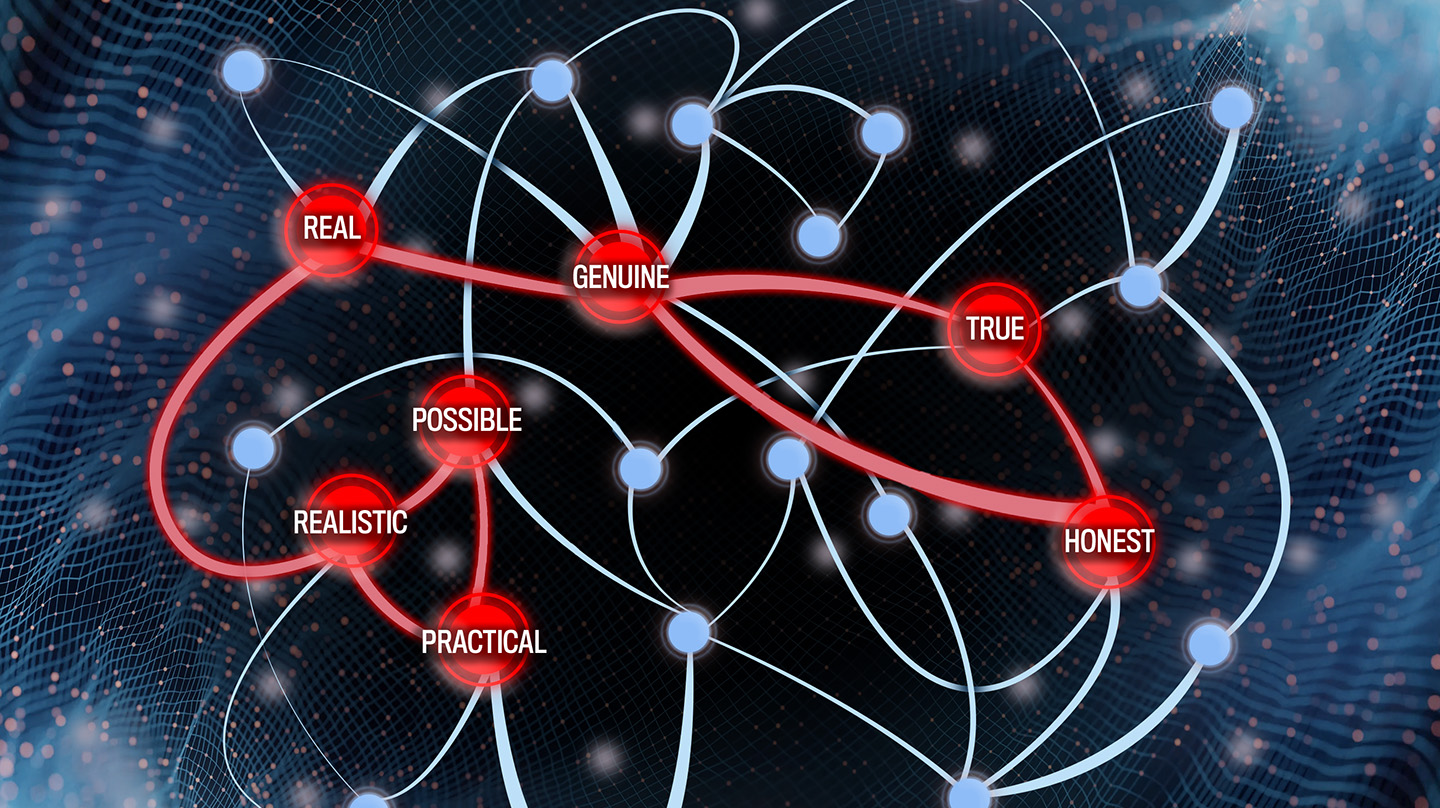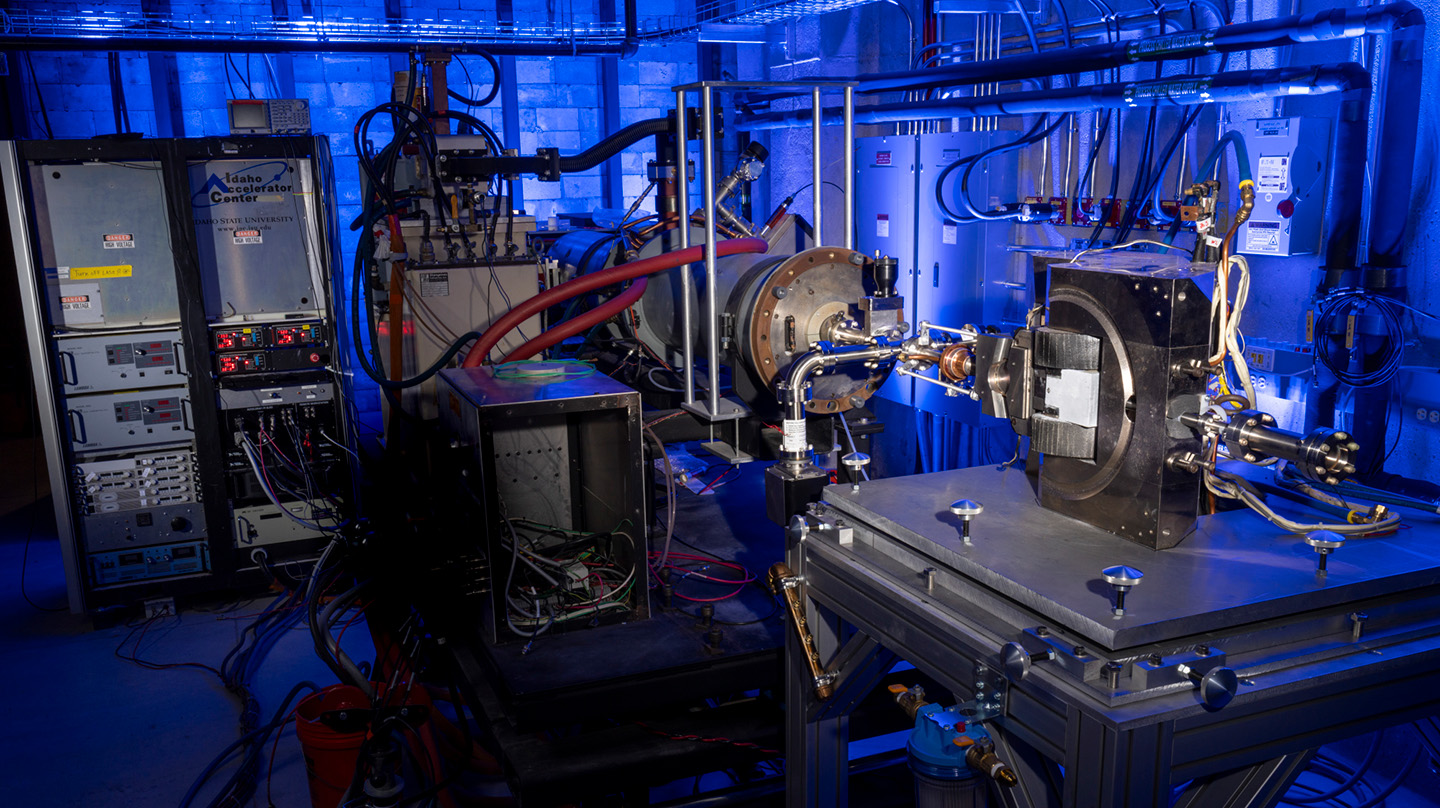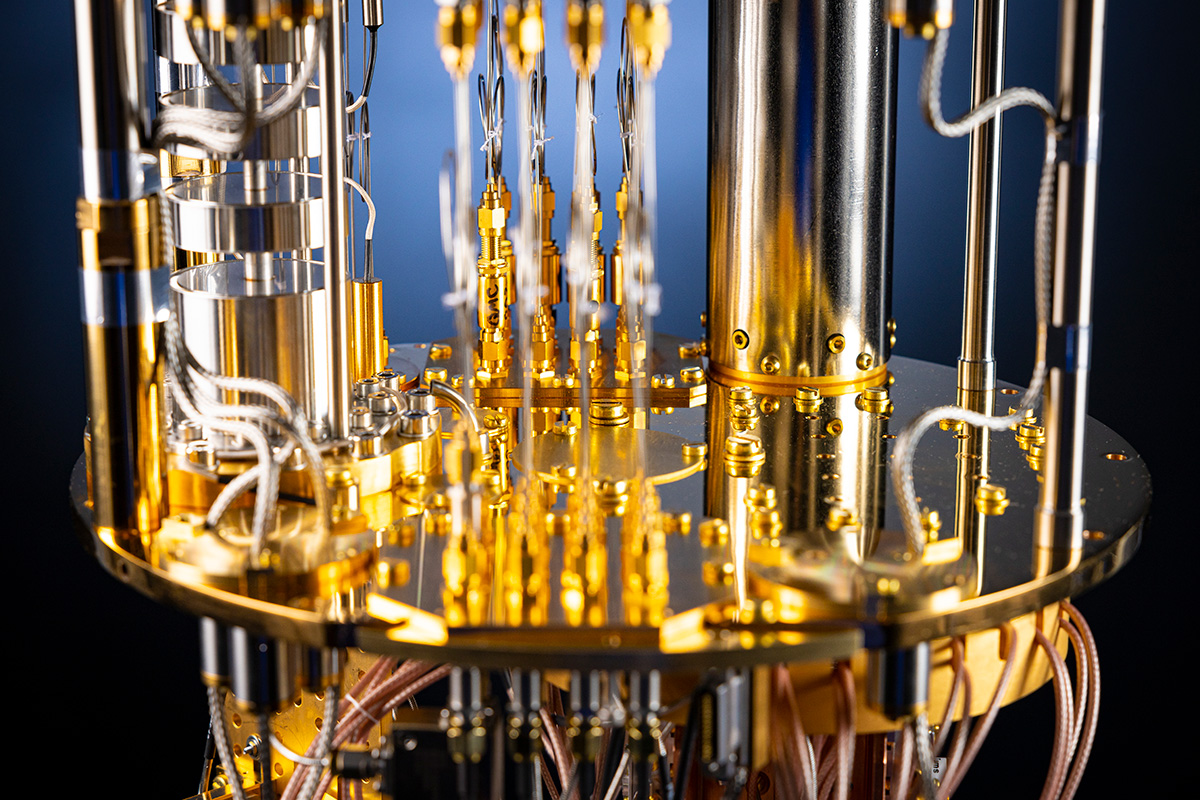
Research and Exploratory Development Mission Area
Alternative Computing Paradigms
About Alternative Computing Paradigms
Our team maintains a diverse portfolio—encompassing research in low-temperature physics, trustworthy computing, and quantum information science—to identify and nurture revolutionary paradigms in computing, enabling novel capabilities with elegance, performance, and security.
- Program Manager: Sarah Adams
- Assistant Program Manager: Kevin Schultz
Focus Areas
Quantum Information
Harnessing quantum phenomena for novel computation, sensing, and communication
Trustworthy Computing
Securing today’s computing systems for enduring capability
Neuromimetic Computing
Leveraging the design of neural systems for elegance and efficiency in artificial computation
Computational Science
Exploiting classical and hybrid architectures to solve critical challenges
Research Highlights

Johns Hopkins Team Breaks Through Quantum Noise → Nov 20, 2025
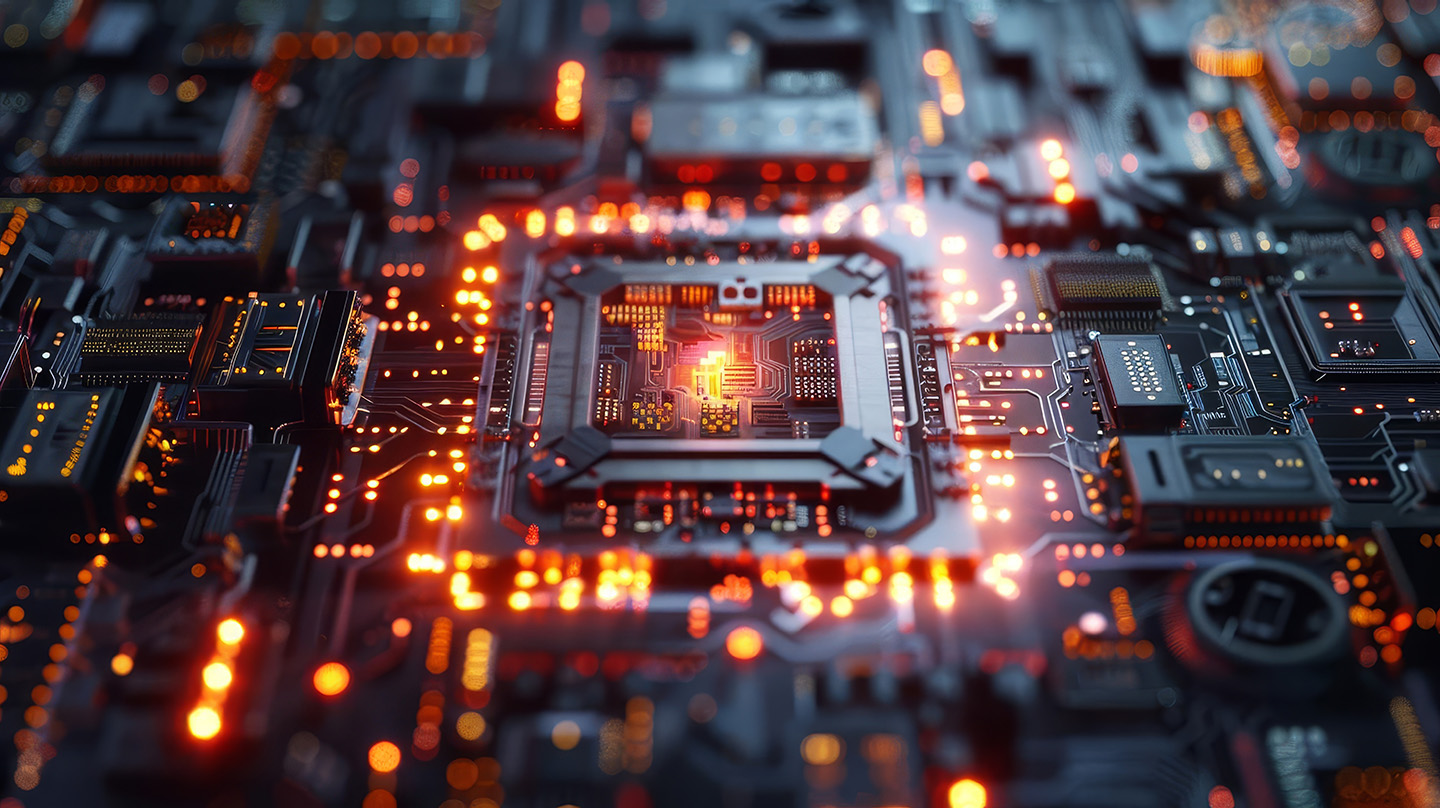
Engineering Tomorrow’s Quantum Computers → May 27, 2025
More Research Highlights
In the News
- An Open-Source Quantum Software Stack? That’s SMART (Quantum Campus, October 11, 2024)
- Optimal Control for Quantum Detectors (Nature Portfolio, March 25, 2021)
- Team Finds an Easier Optimal Detection Scheme for Near-Term Quantum Sensors (Phys.org, March 25, 2021)
- How to Enable Quantum Computing Innovation Through Access (The Brookings Institution, January 27, 2021)
News from APL
- Johns Hopkins APL Earns Federal Quantum Computing Award to Propel Science Discoveries (October 7, 2024)
- 3D-Printed Optical Waveguides Lay Groundwork for Next Generation of Microelectronics (September 4, 2024)
- Detecting Hidden Signals (March 25, 2021)
- Turning Down the Noise with Quantum Control (October 19, 2020)
- Training a Dragon: Protecting Quantum Algorithms on ‘Noisy’ Computers (September 22, 2020)
- Tough Errors Are No Match for APL Team Exploring Quantum Science (September 16, 2019)
- Old Method Leads to New Quantum Processing Possibilities (July 24, 2019)
- Cool Tool Could Enable Quantum Computers to Tackle More Complex Applications (April 24, 2019)
- APL Physicist Appointed to Defense Science Board Quantum Technologies Task Force (February 5, 2019)
